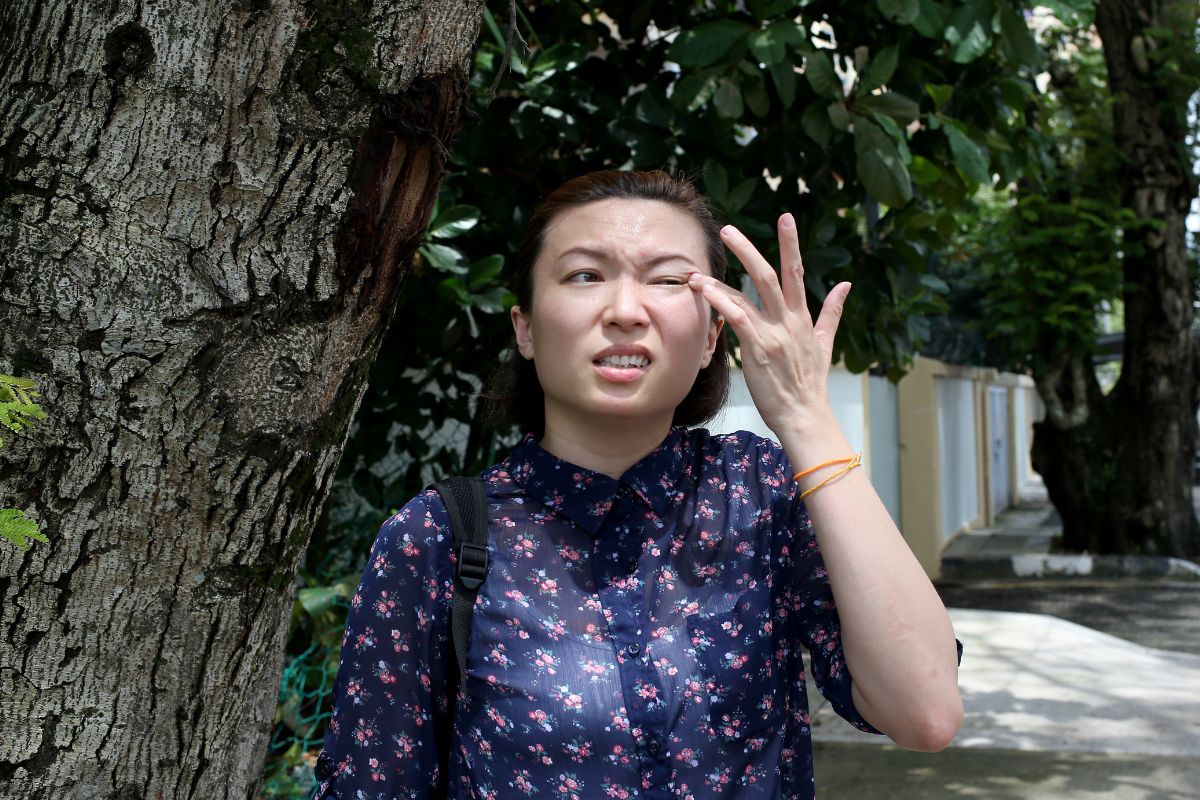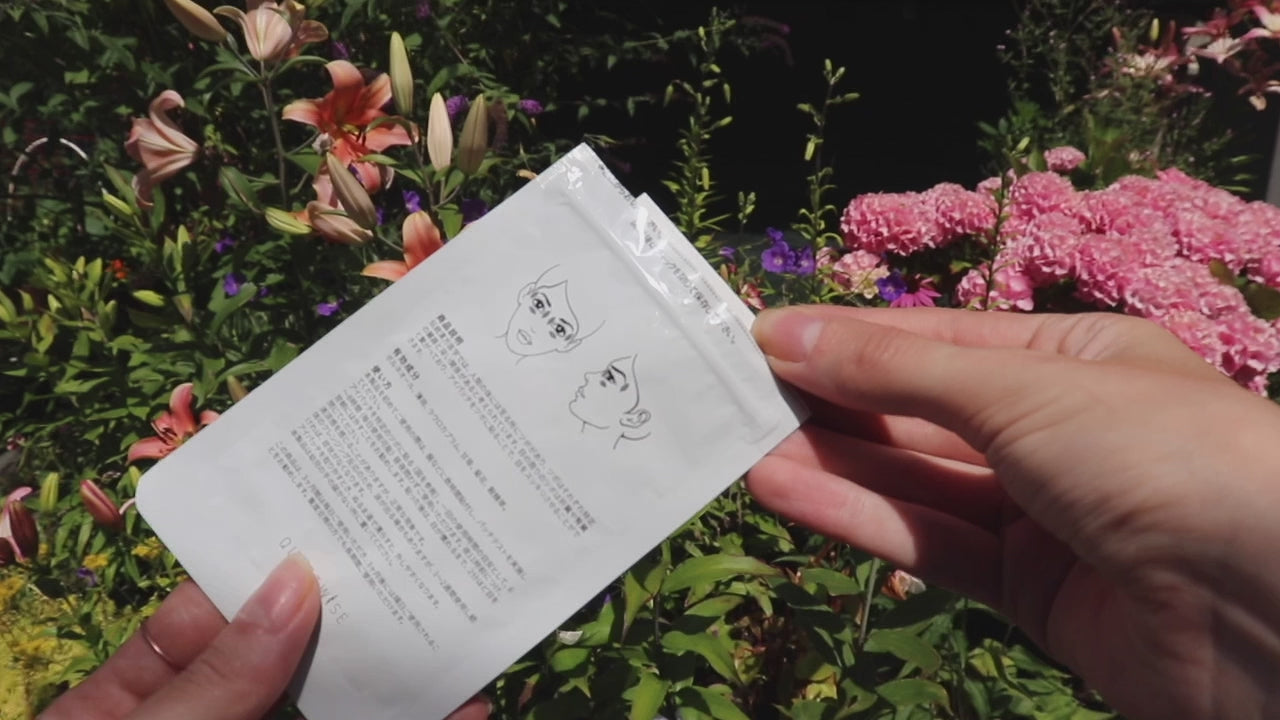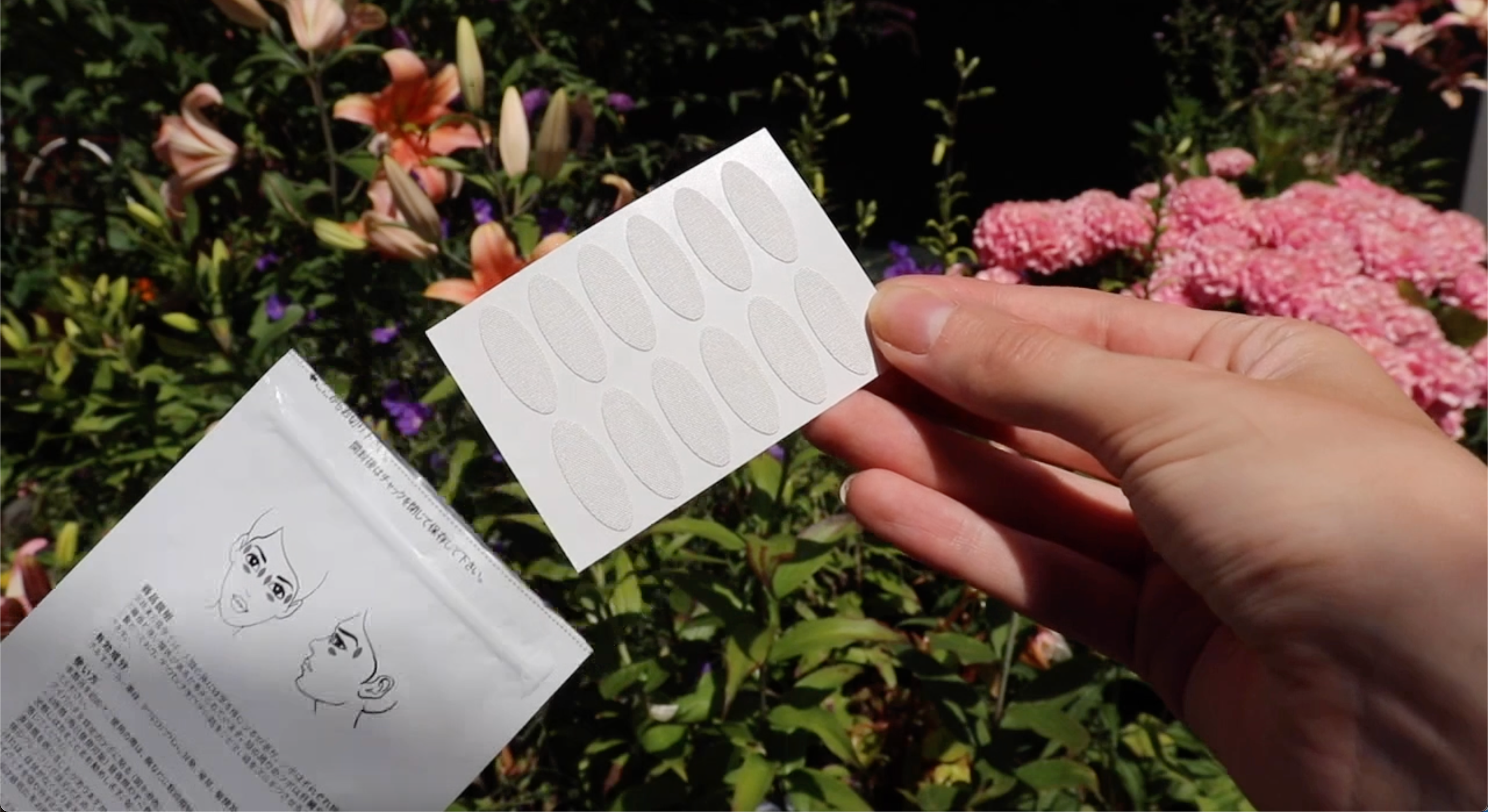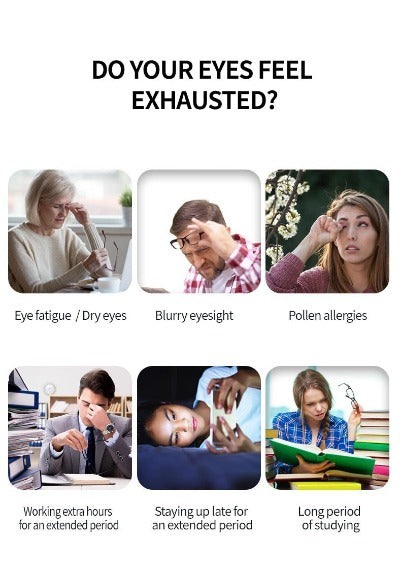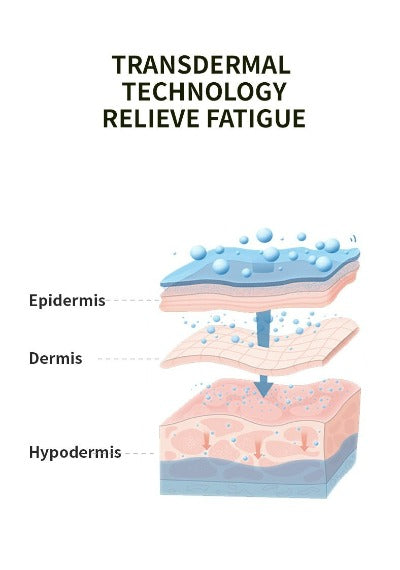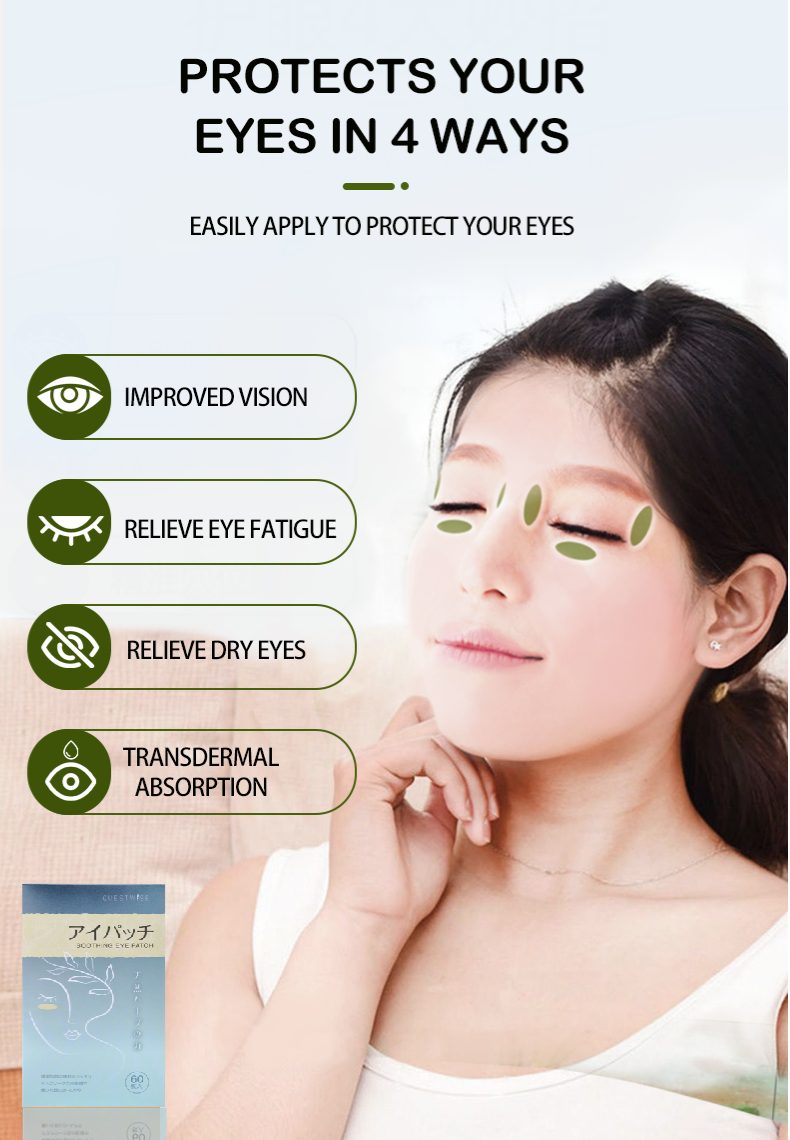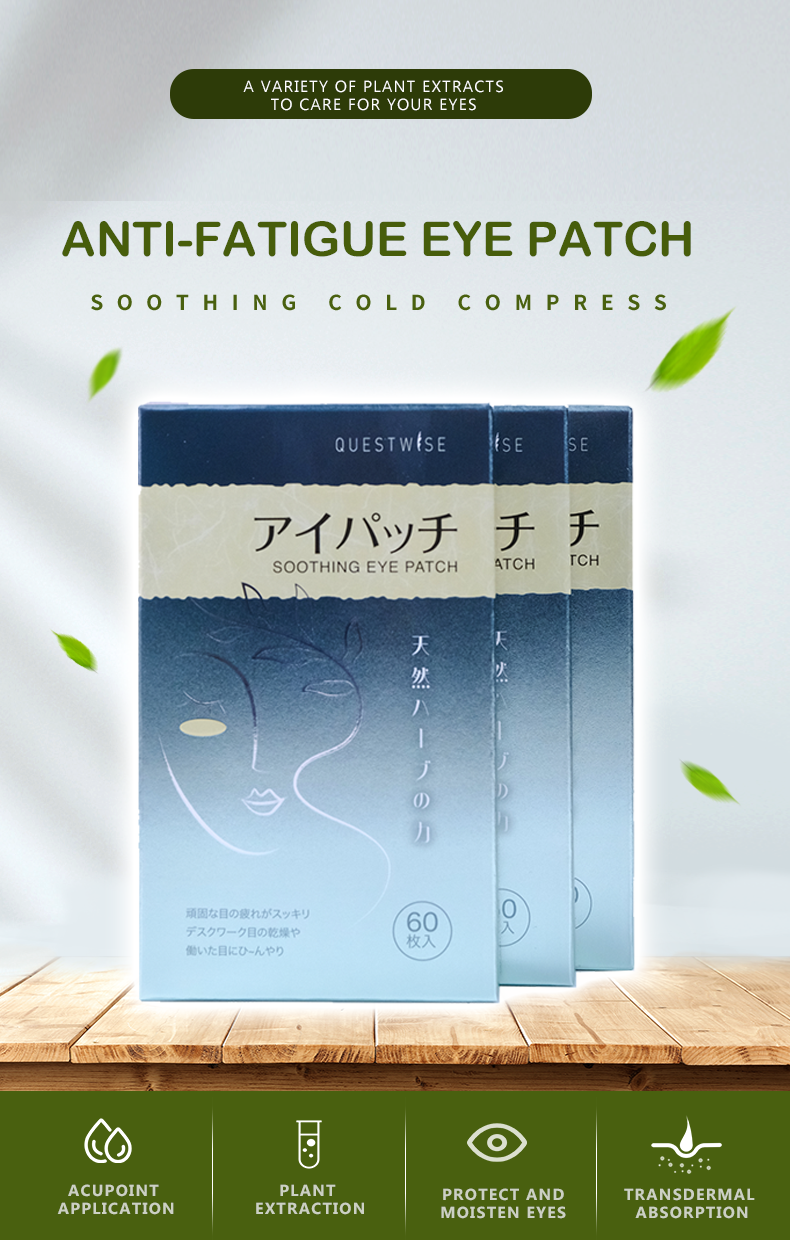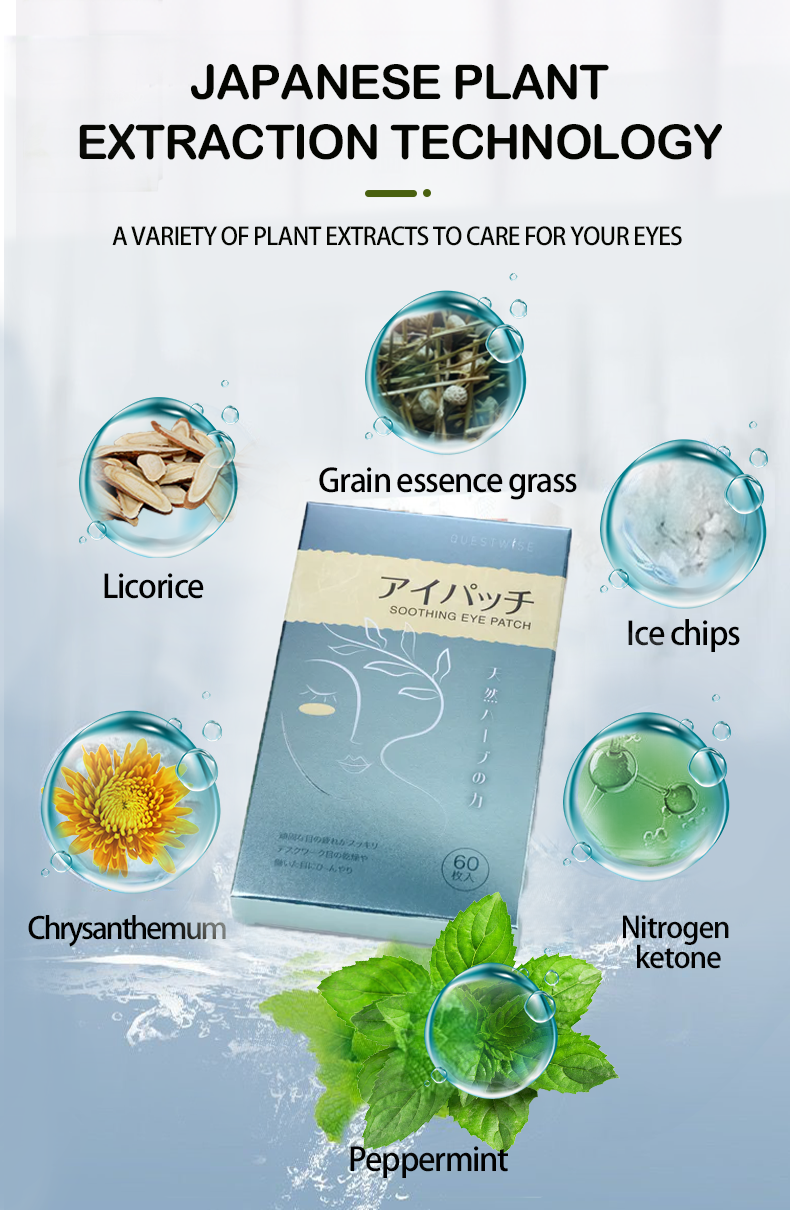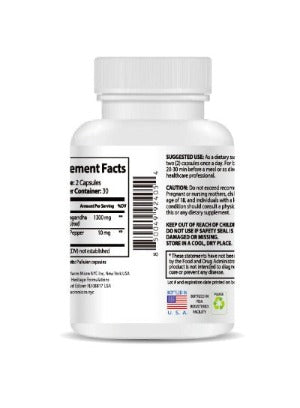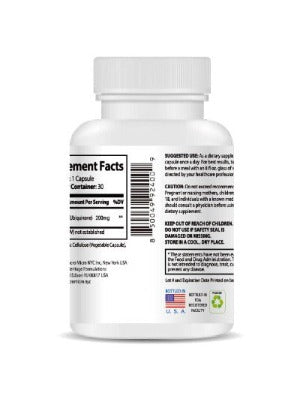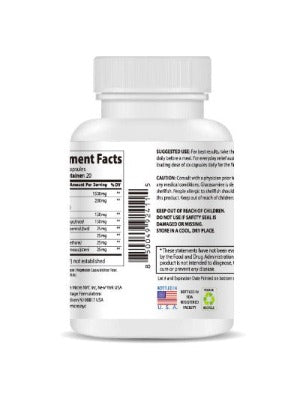How to Prevent Seasonal Allergies Eyes Before Allergy Season Starts
Seasonal allergies, that unwelcome harbinger of spring, can be a significant nuisance, particularly when your eyes become the primary battleground. The incessant itching, relentless watering, and persistent redness associated with seasonal allergies can dramatically impact your daily life, leaving you feeling anything but refreshed. But what if you could proactively mitigate these symptoms even before allergy season arrives? In 2025, the focus is shifting towards preventative care, and we're here to guide you through a comprehensive strategy for protecting your eyes from the onslaught of seasonal allergens. This proactive approach will not only alleviate immediate discomfort but also contribute to long-term eye health.
Understanding the Mechanisms of Seasonal Allergy Eye Symptoms
Seasonal allergies, more formally known as allergic rhinitis or hay fever, arise when your body's immune system mistakenly identifies harmless airborne allergens—such as pollen from trees, grasses, and weeds; mold spores; pet dander; and even dust mites—as dangerous invaders. This misidentification triggers an inflammatory response, resulting in a cascade of uncomfortable symptoms primarily affecting the eyes, nose, and sinuses. When these allergens come into contact with your eyes, they activate mast cells, which release histamine and other inflammatory mediators. This chemical onslaught leads to the classic symptoms we associate with seasonal allergy eyes:
- Intense Itching: The relentless itch is a hallmark symptom, caused by the release of histamine, a chemical that stimulates nerve endings in the eyes. This itch can be so intense that it disrupts sleep and concentration.
- Excessive Watering (Lacrimation): Your eyes produce excessive tears in an attempt to flush out the irritants. This constant watering can leave your eyelids feeling sore and irritated.
- Redness (Hyperemia): The inflammation causes dilation of the blood vessels in the conjuctiva, resulting in the characteristic redness of the eyes. This redness can be embarrassing and make you feel self-conscious.
- Swelling (Edema): Histamine and other inflammatory mediators cause fluid accumulation in the tissues surrounding the eyes, leading to swelling, especially noticeable around the eyelids. This swelling can impair vision and further increase discomfort.
- Burning and Stinging Sensations: The inflammatory process itself can cause a burning or stinging sensation, making even simple tasks feel painful.
- Eyelid Swelling: In severe cases, the eyelids may become so swollen and puffy that they partially obstruct vision, requiring immediate attention.
- Photophobia: Light sensitivity is another common symptom, making even moderate light exposure painful and uncomfortable.
These symptoms can significantly disrupt your daily routine, impacting your work productivity, your enjoyment of outdoor activities, your social interactions, and even your sleep. The good news is that a proactive and multifaceted approach can substantially reduce the severity of these symptoms and minimize their impact on your quality of life.
Proactive Strategies to Minimize Seasonal Allergy Eye Symptoms
While completely eliminating seasonal allergy eye symptoms might be unrealistic, a well-defined preventative approach can significantly minimize their impact. This strategy involves a combination of lifestyle adjustments, environmental controls, and the strategic use of effective eye care products. The goal is to create a protective barrier against allergens and support your eyes' natural ability to cope with irritation.
1. Precise Allergen Identification and Avoidance
The cornerstone of allergy prevention lies in identifying your specific triggers. This often requires consultation with an allergist who can perform allergy testing to pinpoint the exact culprits. Common culprits include pollen from various plants (trees, grasses, weeds), mold spores, pet dander, dust mites, and certain types of insect waste. Once identified, you can proactively minimize your exposure:
- Pollen Monitoring: Utilize pollen count forecasts available through weather apps or local news to plan outdoor activities during periods of low pollen concentration. Avoid peak pollen hours, typically early morning and late afternoon.
- Indoor Air Quality Control: Keep windows closed, especially during peak pollen hours, and use air conditioning or air purifiers with HEPA filters to remove airborne allergens from your home. Regularly change air conditioner filters.
- Protective Gear: Wear sunglasses to shield your eyes from pollen and other airborne irritants when spending time outdoors. Consider using a pollen mask if pollen counts are exceptionally high.
- Post-Outdoor Routine: Shower and change clothes immediately after returning from outdoor activities to remove pollen and other allergens that may have accumulated on your skin and hair. Rinse your hair thoroughly.
- Pet Management: If you're allergic to pet dander, limit contact with pets, bathe them regularly, and consider using air purifiers in pet-occupied areas. Keep pets out of your bedroom.
- Dust Mite Control: Use dust mite-proof covers for mattresses, pillows, and blankets. Wash bedding regularly in hot water (at least 130°F).
- Mold Prevention: Regularly clean and dehumidify areas prone to mold growth, such as bathrooms and basements. Fix any leaks promptly.
2. Harnessing the Power of Soothing Eye Care
Incorporating targeted eye care into your routine is crucial, especially during allergy season. The Wise Quest Soothing Eye Patches - 1-Month Care Pack offers a unique and effective approach to preemptive care. These patches leverage the principles of traditional Chinese herbal medicine to address common eye discomfort. By promoting healthy blood circulation and reducing inflammation, they provide relief from eye fatigue, dryness, astringency, redness, and swelling—all common allergy-related issues. Using these patches *before* allergy season can help condition your eyes and improve their overall resilience to the onslaught of allergens.

3. Lifestyle Choices for Enhanced Immune Support
Maintaining a healthy lifestyle is paramount for supporting your immune system and minimizing your susceptibility to allergies. Pay close attention to the following aspects of your well-being:
- Adequate Sleep: Aim for 7-8 hours of quality sleep per night to optimize immune function. Sleep deprivation weakens the immune system, making you more vulnerable to allergies.
- Nutritious Diet: Consume a balanced diet rich in fruits, vegetables, and antioxidants to strengthen your body's natural defenses. Focus on foods rich in Vitamin C, Vitamin E, and beta-carotene.
- Stress Management: Chronic stress weakens the immune system, so incorporate stress-reducing techniques such as meditation, yoga, or deep breathing exercises into your daily routine. Find healthy ways to manage stress.
- Hydration: Staying well-hydrated helps flush out toxins and supports overall health. Drink plenty of water throughout the day.
- Regular Exercise: Moderate exercise boosts immune function and overall well-being. Aim for at least 30 minutes of moderate-intensity exercise most days of the week.
- Limit Alcohol and Caffeine: Excessive consumption of alcohol and caffeine can dehydrate you and exacerbate allergy symptoms.
4. Consulting with Healthcare Professionals
If your seasonal allergy eye symptoms are severe or persistent, consult with an allergist or ophthalmologist. They can perform allergy testing to identify your specific triggers and recommend personalized treatment strategies, which may include prescription eye drops (such as antihistamines or mast cell stabilizers), oral antihistamines, or other interventions. Early intervention can prevent the development of more serious complications, such as conjunctivitis or other eye infections.
Conclusion: A Proactive Approach to Allergy-Free Eyes
Don't let seasonal allergies dictate your spring experience! By taking a proactive, multi-faceted approach—including careful allergen avoidance, employing soothing eye care products such as the Wise Quest Soothing Eye Patches - 1-Month Care Pack, and adopting a healthy lifestyle—you can significantly reduce the severity of seasonal allergy eye symptoms. Remember, preparation is your best defense. With a little foresight and proactive planning, you can enjoy a spring season free from itchy, watery, and red eyes, allowing you to fully embrace the beauty and vibrancy of the season without the constant irritation and discomfort.

